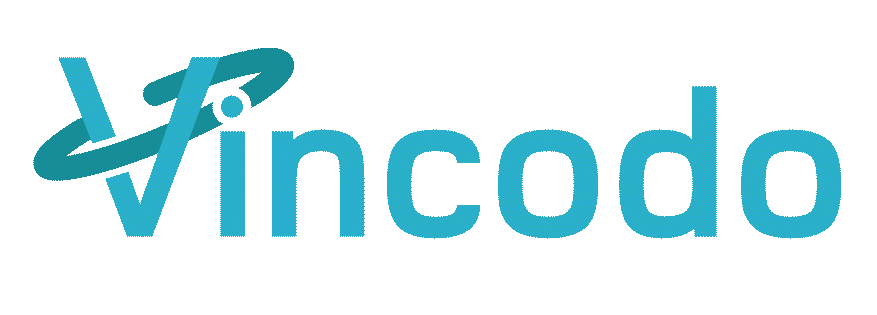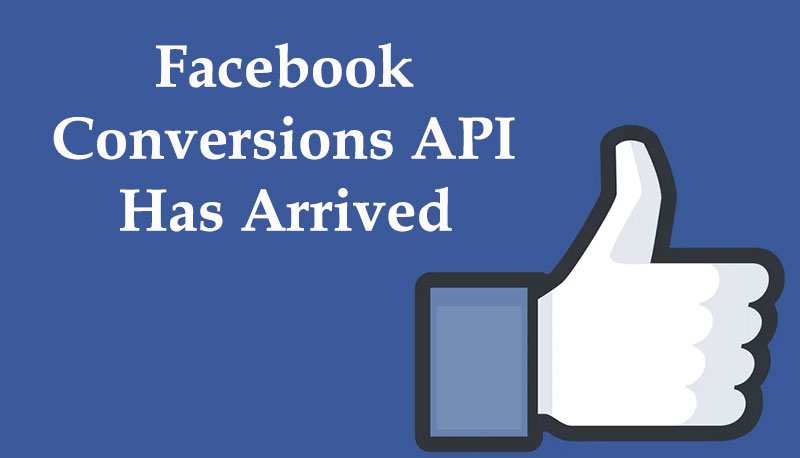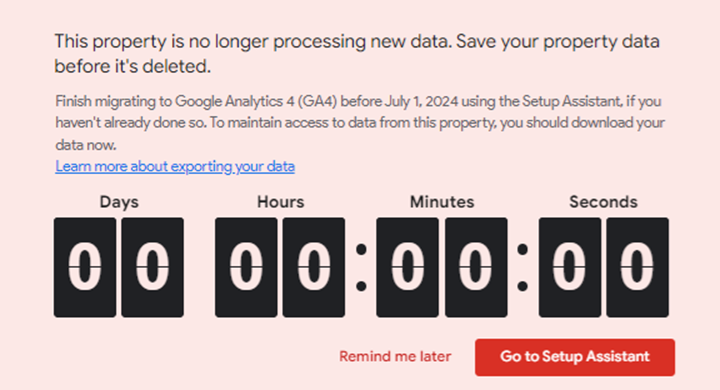Businesses have long used Facebook ads to reach their target audience and drive sales. However, advertisers need to adapt their strategies, particularly because of increasing privacy concerns and limitations on browser cookies. That’s where Facebook’s Conversions API comes in. This innovative solution offers a more reliable way to track conversions and optimize ad campaigns, ensuring your Facebook advertising dollars are working their hardest.
What Is Facebook Conversions API?
Think of Conversions API as a direct communication line between your business and Facebook. It’s a server-to-server connection that allows you to send website event data directly to Facebook, bypassing reliance on browser cookies. Previously, Facebook relied on pixel code embedded in your website to track user actions, such as purchases or sign-ups. However, browser restrictions and privacy updates have made cookies less dependable. The Conversions API offers a more robust solution, ensuring your conversion data reaches Facebook accurately and ensure that Apple’s ITP 2.2 rollout on iOS 14.5+ doesn’t disrupt your performance tracking.
How Does Conversions API Work?
Here’s a simplified breakdown of how the Conversions API functions:
- You define the specific website events you want to track, such as “Add to Cart” or “Complete Purchase.”
- The Conversions API integrates with your website’s server-side environment, which can be done through a developer or a third-party integration tool.
- Whenever a user triggers a defined event on your website, your server securely sends that data directly to Facebook’s servers using the Conversions API.
- Facebook matches the received event data with user information, enabling you to track conversions and measure ad performance effectively.
Instructions for how to implement Facebook Conversions API can be found here: https://developers.facebook.com/docs/marketing-api/conversions-api/get-started/
What Does This Mean for Advertisers?
The API offers a multitude of benefits for advertisers, including:
- Enhanced data accuracy: By bypassing browser cookie limitations, the API ensures your conversion data is more accurate and reliable. This translates to better campaign optimization and clearer measurements of what’s working and what’s not.
- Improved attribution: More comprehensive data means a clearer picture of how your Facebook ads contribute to the customer journey. You can then make data-driven decisions and optimize your advertising spend for maximum return on investment (ROI).
- Privacy-focused solution: The Conversions API prioritizes user privacy by relying on server-side data transmission, minimizing reliance on personal identifiers such as cookies. This future-proofs your advertising strategy as privacy regulations continue to evolve.
- Greater flexibility: It allows you to send website event data, app event data and even offline conversion information. This provides a holistic view of your marketing efforts, giving you a complete picture of customer behavior.
Update as May 2024
While the core functionalities described in this article remain relevant, Facebook Conversions API (now known as the Meta Conversions API) has improved significantly since its introduction. Meta has implemented several key improvements and integrations to enhance its capabilities for businesses, including:
- Simplified setup: Meta has streamlined the Conversions API setup process. This includes a growing library of pre-built integrations with popular website platforms, such as Shopify, WordPress and WooCommerce. Additionally, Meta offers user-friendly tools and tutorials to guide advertisers through the process, making it more accessible for businesses of all technical expertise levels.
- Enhanced event deduplication: Meta has made significant strides in ensuring the Conversions API eliminates duplicate event reporting. This advanced deduplication functionality helps advertisers determine true conversion rates precisely and optimize campaigns more efficiently.
- Customer Lifetime Value (CLV) optimization: Advertisers can now send customer data (hashed for privacy protection) alongside conversion events. This empowers Meta to create a more comprehensive view of each customer’s journey. This enriched data can be leveraged to optimize ad targeting and personalize experiences, ultimately driving higher customer lifetime value.
- Custom conversions: Previously, the Conversions API focused on predefined standard events. Meta has expanded its capabilities, allowing advertisers to define custom conversion events specific to their unique business goals. This flexibility empowers businesses to track actions crucial to their success, regardless of whether they fall within a standard category.
- Server-side conversions with Google Tag Manager (GTM): For businesses already utilizing Google Tag Manager, Meta has introduced a server-side tag that seamlessly integrates with the Conversions API. This simplifies implementation for advertisers who are comfortable with GTM.





